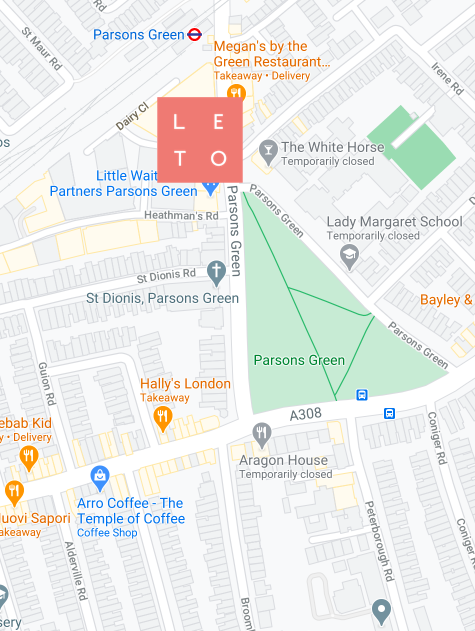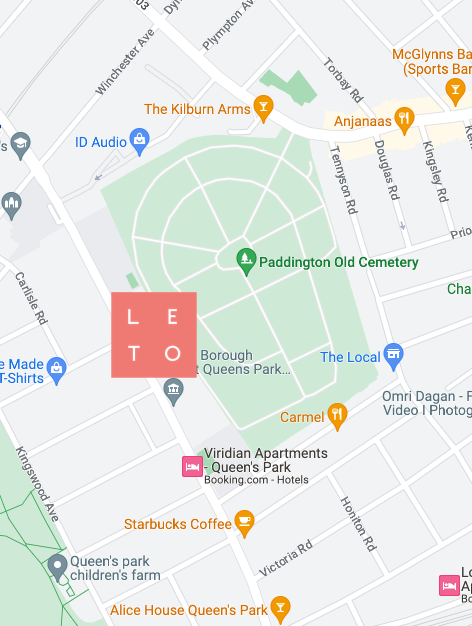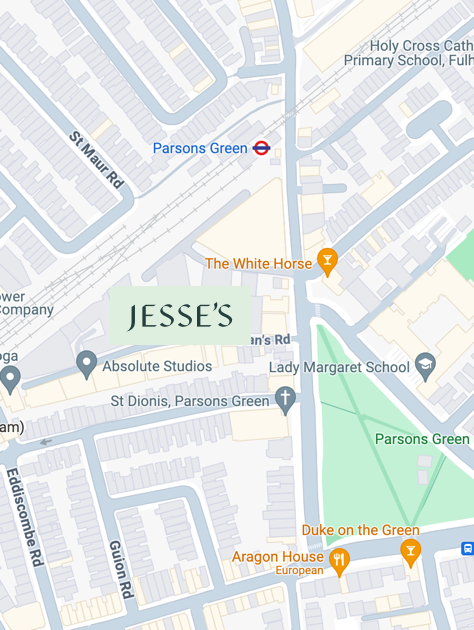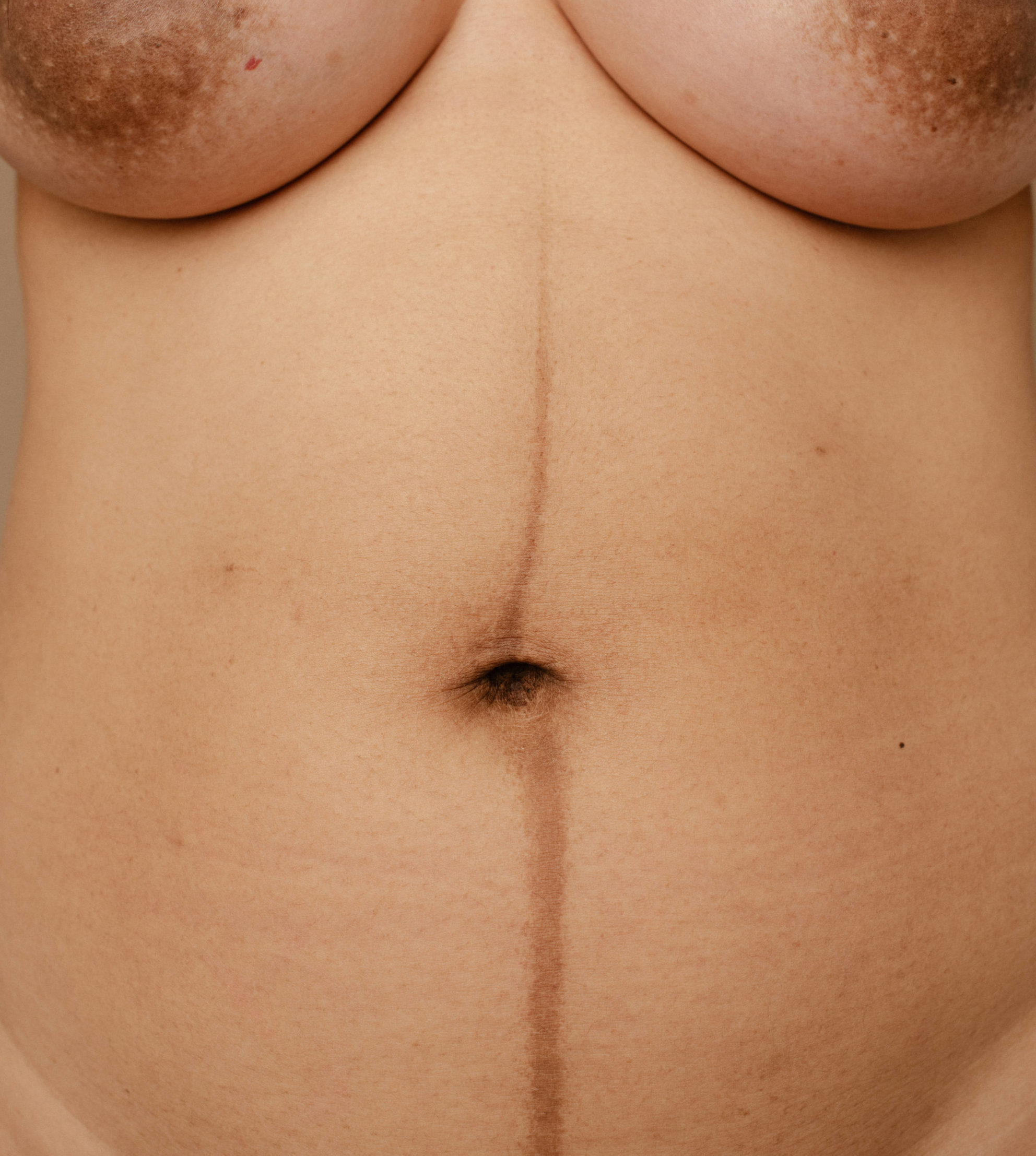
Close
Enquiry
Please see contact information below or complete the form and we will get in touch with you.

Parsons Green
3rd Floor Brigade House
8 Parsons Green
London
SW6 4TN

Queen's Park
2nd Floor
105-109 Salusbury Road
London
NW6 6RG

Jesse's House
8-10 Heathmans Road
Parsons Green
London
SW6 4TJ
Diastasis Recti Abdominis (DRA)
Approximately one-third of women experience diastasis rectus abdominis (DRA), a condition where the connective tissue in the midline of the abdomen (the linea alba) widens and thins to accommodate a growing baby.
What We Treat: Diastasis Recti Abdominis in Women
While most women will experience some level of DRA during pregnancy, the degree of separation varies, often influenced by genetics.
After delivery, some women may be dissatisfied with how their abdomen looks and feels, experiencing bulging, a “mummy tummy,” compromised abdominal strength, and reduced self-confidence.
DRA can cause discomfort and body image concerns post-pregnancy. It is not just about the separation of abdominal muscles, but the entire abdominal wall that stretches during pregnancy. After childbirth, many women face challenges such as:
- bulging of the midline tissues (doming) during abdominal effort
- persistent “mummy tummy” appearance
- reduced abdominal wall strength and function
- negative body image and decreased self-confidence
At LETO, we use a holistic approach to assess and treat DRA, considering the full-body impact during pregnancy and childbirth.

DRA Treatment Options
To support recovery from diastasis recti abdominis (DRA), our expert pelvic health physiotherapists assess the condition thoroughly using a whole-body approach. We may utilize real-time ultrasound for an in-depth evaluation of abdominal muscles, along with assessments of posture, movement patterns, rib position, and diaphragm function. Based on your needs, our treatments include:
- manual therapy: to improve movement and function of the abdominal wall and the body as a whole
- education: advice on proper gut, bladder, and bowel habits to support recovery
- lifestyle advice: specific lifestyle recommendations to assist with recovery
- rehabilitation program: a personalised plan to gradually strengthen the deep abdominal muscles while incorporating breathwork to activate core and pelvic floor muscles
We emphasise that DRA is a natural physiological process. With the right approach, improvements can be made, helping you regain confidence, improve your body image, and safely return to your preferred exercises.
assess > restore > transform
Pelvic PainEnquiry
Please see contact information below or complete the form and we will get in touch with you.

